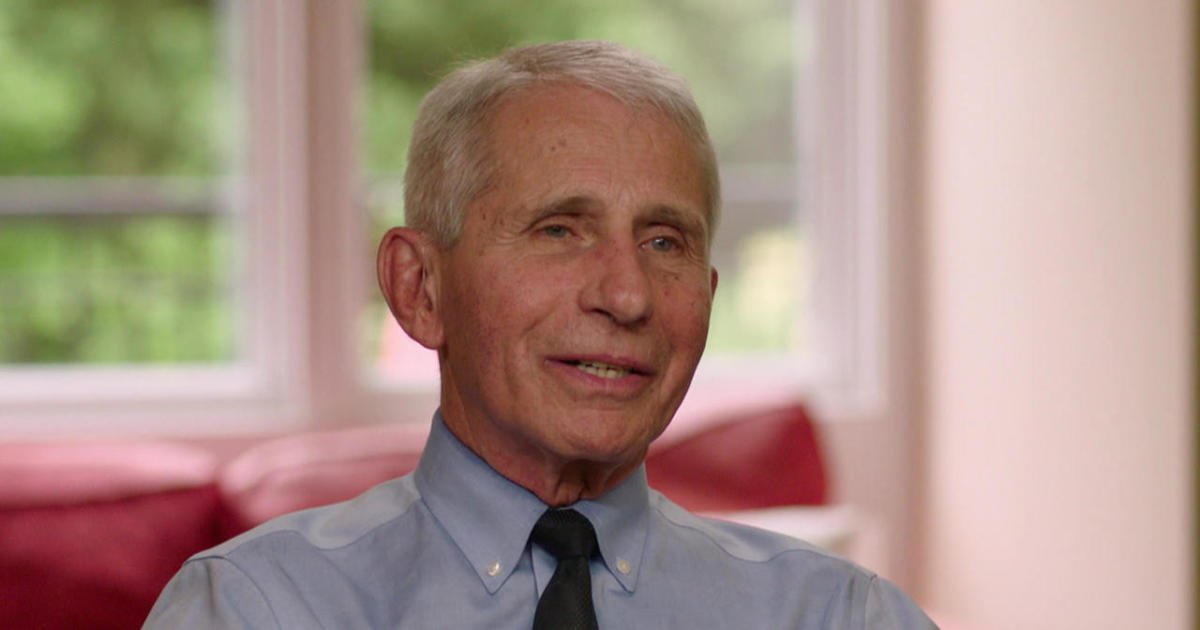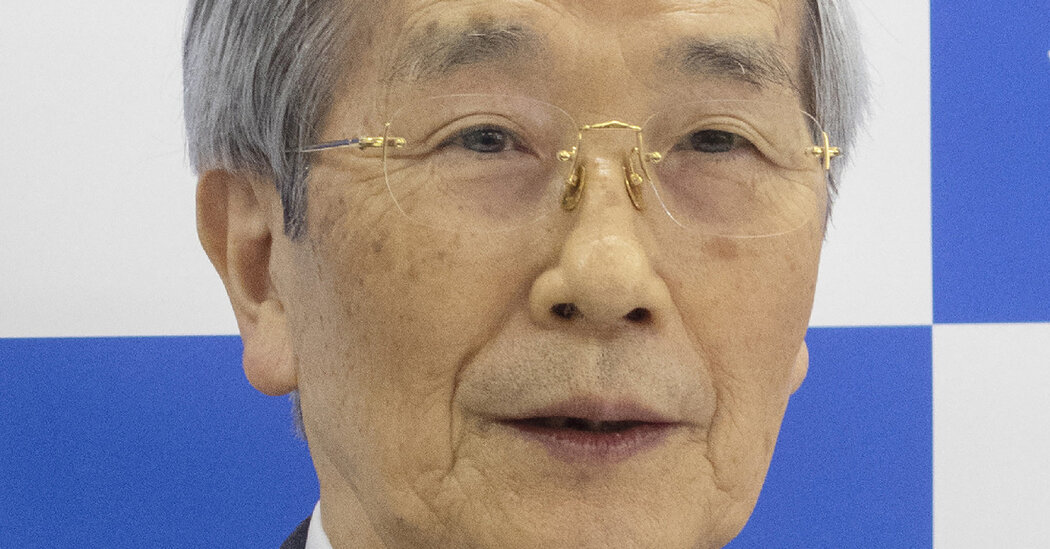An “ultra-sensitive” new blood test can predict if breast cancer will return years before the disease shows up on scans, researchers say.
It picks up traces of a tumour’s DNA before a full relapse and was found to be 100% accurate at predicting which patients would see their cancer return.
It is hoped that the test can allow treatment to start earlier and improve survival rates.
The UK research has been branded “incredibly exciting” by experts but is still in its early stages.
Breast cancer is the most common form of the disease worldwide, with 2.26 million women diagnosed in 2020 and 685,000 deaths in the same year, according to Breast Cancer UK.
A team of researchers from the Institute of Cancer Research (ICR) London conducted the trial on 78 patients with different types of early breast cancer.
The “liquid biopsy” looked for 1,800 mutations in the patients’ blood which are released by cancer cells.
These circulating tumour DNA were found in 11 women, who all saw their cancer relapse. No other women saw their cancer return.
On average, the blood test detected cancer 15 months before symptoms appeared or the illness showed up on scans, according to results presented at the American Society of Clinical Oncology conference in Chicago on Sunday.
The earliest detection was 41 months before a scan confirmed the diagnosis.
Lead researcher Dr Isaac Garcia-Murillas, from the ICR, said: “Breast cancer cells can remain in the body after surgery and other treatments but there can be so few of these cells that they are undetectable on follow-up scans.”
He added that the cells can cause patients to relapse many years after their initial treatment.
Dr Garcia-Murillas said the study lays the groundwork for better post-treatment monitoring and potentially life-extending treatment.
Researchers tested blood samples at the point of diagnosis, then again following surgery and chemotherapy.
These tests were then repeated every three months for the next year and every six months for the next five years.
Dr Simon Vincent, director of research, support and influencing at Breast Cancer Now – which part-funded the study – said: “Early detection is one of our greatest weapons against breast cancer and these initial findings, which suggests new tests could be able to detect signs of breast cancer recurrence over a year before symptoms emerge, are incredibly exciting.”
Though acknowledging that the research was still in its early stages, he said catching breast cancer recurrence earlier means treatment is much more likely to destroy the cancer and stop it spreading to other parts of the body and becoming incurable.
Dr Vincent continued: “With around 11,000 people dying every year in the UK from secondary breast cancer, breakthroughs like these are urgently needed so that we can stop people losing their lives to this devastating disease.”
It is unclear when the test could become widely available.
The news follows a number of developments in cancer research in the past week.
It comes after saliva tests carried out at home were found to be better at identifying men at higher risk of prostate cancer than standard blood tests.
And on Friday it was announced that thousands of NHS cancer patients in England are expected to get access to trials of a new type of treatment using personalised vaccines to fight their disease.
But on Monday a cancer charity said the number of melanoma skin-cancer cases in the UK was expected to hit record levels.





